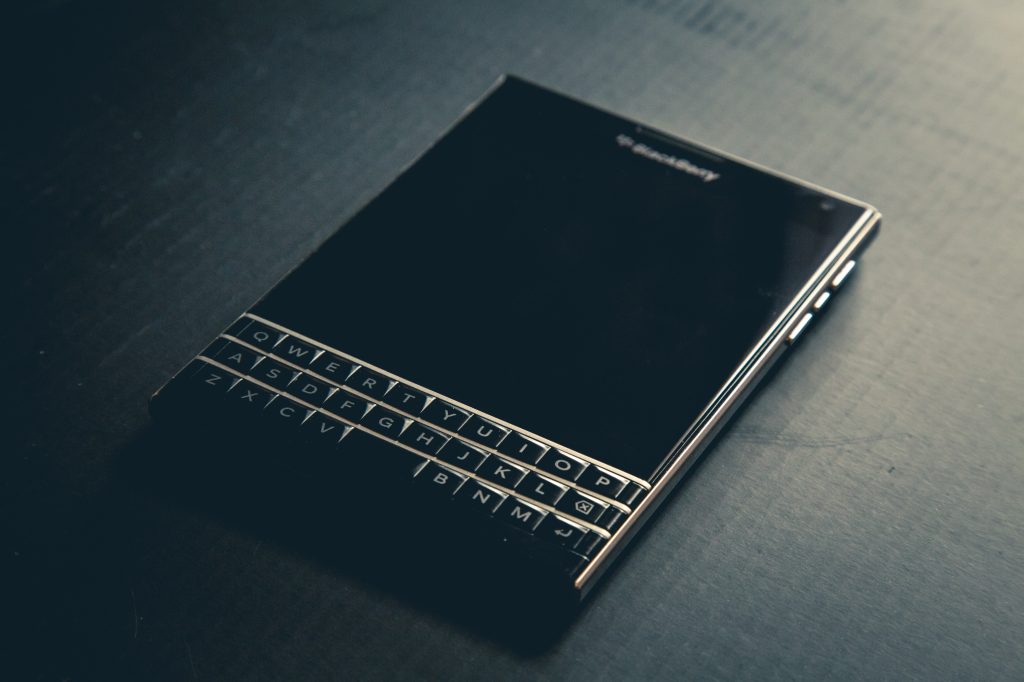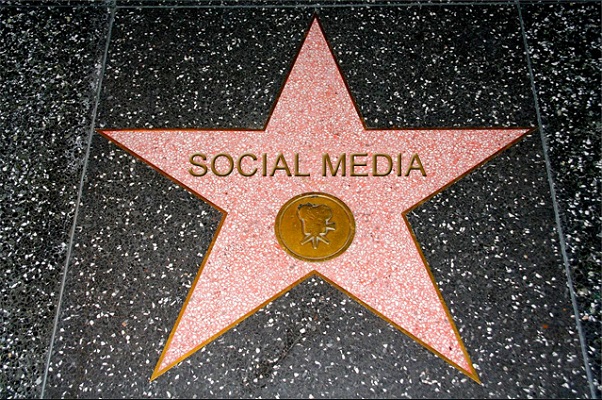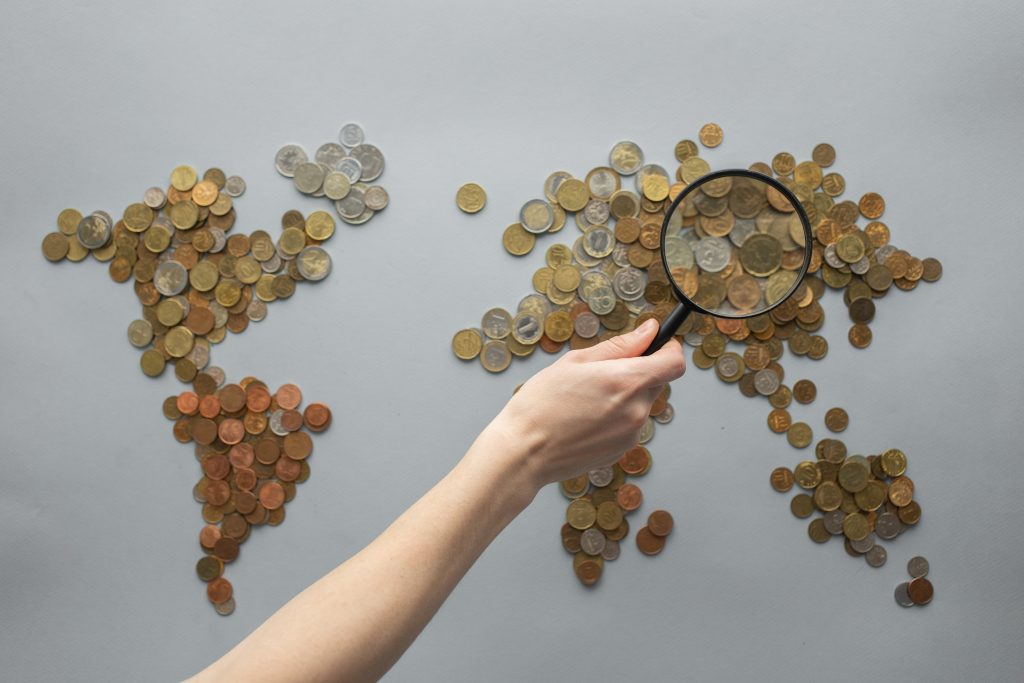Introduction
Almost every company around the world would love to have a major celebrity endorse their products or promote their brand. Even a simple celebrity social media mention can do wonders for a small startup business. Larger companies and corporations have similarly relied on celebrity endorsements and branding partnerships to in their extensive advertising and marketing strategies. According to one recent study by Pipslay, around 59 percent of Americans cite celebrity endorsements as an influential factor in their consumer purchasing behavior. Similarly, another 62 percent of respondents in the study said they equate endorsement from a celebrity with high levels of brand quality and integrity.
But why exactly are celebrity endorsements so influential and successful in helping brands connect with consumers? In this short article, we will take an in-depth look at the “psychology” behind the how and why celebrity endorsement can help brands increase awareness, trust, and familiarity, which are important variables in the purchase decision-making process.
The Psychology Factor
Celebrity endorsements have been used successfully since at least the 1930s, with the famous baseball player Babe Ruth endorsing Red Rock Cola. Since that time, thousands of companies have discovered the power that celebrity endorsements can have on individual consumers. The psychology behind why celebrity endorsements are so influential on consumer behavior generally points to three different psychological outcomes that celebrity endorsements affect upon our brains.

- A Notion of Familiarity: Our brains and minds are genetically wired to respond to familiarity. That is why our brains become more active and “wired” when we´re amongst friends and family, or in a familiar setting. Celebrities, though not blood kin to most of us, do create a sense of familiarity through years of having been exposed to the celebrity through movies, media, and other forms of popular culture. When that familiar face promotes a brand or a product, our brains immediately associate that product with the same sense of familiarity. The more “connection” we have with the brand or product, the more likely we are to buy it. Even though most people have never actually met the celebrity doing the endorsement, our brains essentially regard familiar celebrities the same way it does people who are actually familiar and trustworthy to us in real life. For example, if your mother recommended a certain brand of clothing, you would probably be inclined to try out that brand. Though companies would be hard-pressed to get the endorsement of everyone’s mothers out there, celebrity endorsements essentially create the same brain response.
- The Halo Effect: Despite evidence to the contrary, many people tend to put celebrities on a pedestal and see them as ideal representations of human being. This “idolization” of celebrities may make many people assume or suppose that those celebrities would never do anything wrong. This phenomenon, known as the “halo effect,” is a general cognitive bias in forming impressions. With the halo effect, the opinions and impressions we form about someone or something in one area, subsequently influence our opinions or feelings in other areas. Related to celebrity endorsements and the wider world of advertising, the high opinions we form about certain celebrities can “rub off” on the products or brands that they endorse or promote. With the halo effect, consumers show a tendency to associate positive attributes of the celebrity with the endorsed product or brand.
The Potential Drawbacks and Downsides of Celebrity Endorsements
A celebrity endorsement has been shown to increase a company’s sales by an average of 4 percent relative to its competition. A successful branding partnership with a celebrity can also increase a company’s stock value by 0.25 percent, according to research by Harvard Business School. These statistics show that in most cases, celebrity endorsements can pay huge dividends for companies of all sizes.
It is important to note, however, that some celebrity endorsements may have unexpected negative consequences. The opposite of the “halo effect” can also occur in some cases. For example, if a celebrity is regularly getting in trouble with the law or displaying contrary behavior, some consumers may be inclined to transpose those negative characteristics onto a brand or product that the celebrity endorses. Between the 1970s and early 1990s, the former NFL football player O.J. Simpson was the face of Hertz Rental Cars, and appeared in hundreds of commercials for the company. When he was eventually arrested for the murder of his wife, this obviously created negative associations for the company.

Furthermore, some consumers may also show skepticism towards celebrity endorsements that are not perceived to be authentic, genuine, and real. For example, the famous soccer star David Beckham once signed a $6 million, four-year contract to promote Brylcreem, a leading hair care product at the time. About halfway through the agreement, Beckham decided to shave his head. A person with no hair is obviously not going to be the best brand ambassador to promote hairstyling cream, and a negative backlash ensued from consumers who saw the endorsement as inauthentic or mercenary.
The Increasingly Important Role of Social Media in Effective Celebrity Endorsements
With the increasingly important role of social media in the world of publicity and advertising, many companies are still discovering the best ways to use celebrity endorsements to break clutter, increase brand recall, enhance a favorable attitude toward the ads and brand, and boost sales. Though celebrity endorsements can certainly have a positive effect when done through traditional media (TV, radio, etc.), celebrity endorsements via social media platforms may actually increase and amplify the effectiveness, the reach, and the influence of celebrity endorsements.
One recent academic study concluded that “consumers find the use of celebrity endorsement on social media believable and help them better remember a brand or a product. Moreover, it can be concluded that celebrity endorsement on social media positively affects the purchase intention of consumers.”
Because celebrity endorsements help to influence consumer purchasing behavior through familiarity and the “halo effect,” these positive feedback influences tend to be amplified via the intimate space of social media.
A Few Ethical Considerations Regarding Celebrity Endorsements
Lastly, it is also important to mention that some celebrity endorsements may not be authentic or even well-intentioned. We have already mentioned above how inauthentic celebrity endorsements might lead to a negative backlash in terms of consumer purchases. However, in other cases, the perceived lack of authenticity may have ethical implications.
Back in 2013, the phone company Blackberry announced that the singer Alicia Keys was their new Creative Director. Though this was an interesting strategy for leveraging celebrity endorsements, just days after this announcement, Keys sent out a tweet from an iPhone. Consumers and the media quickly picked up on the gaffe, and the celebrity endorsement was a failure for the company.

When pursuing a celebrity endorsement, it is extremely important that both the celebrity and the brand assume a sense of responsibility to accurately represent the endorsed product or service in a way that benefits everyone involved.
Conclusion
In conclusion, celebrity endorsements can be an extremely effective tool for helping to drive brand growth, increase brand recognition, connect with consumers, and ultimately drive more sales. Without proper authenticity and a commitment to ethics, however, celebrity endorsements do run the risk of provoking negative consumer backlash.



